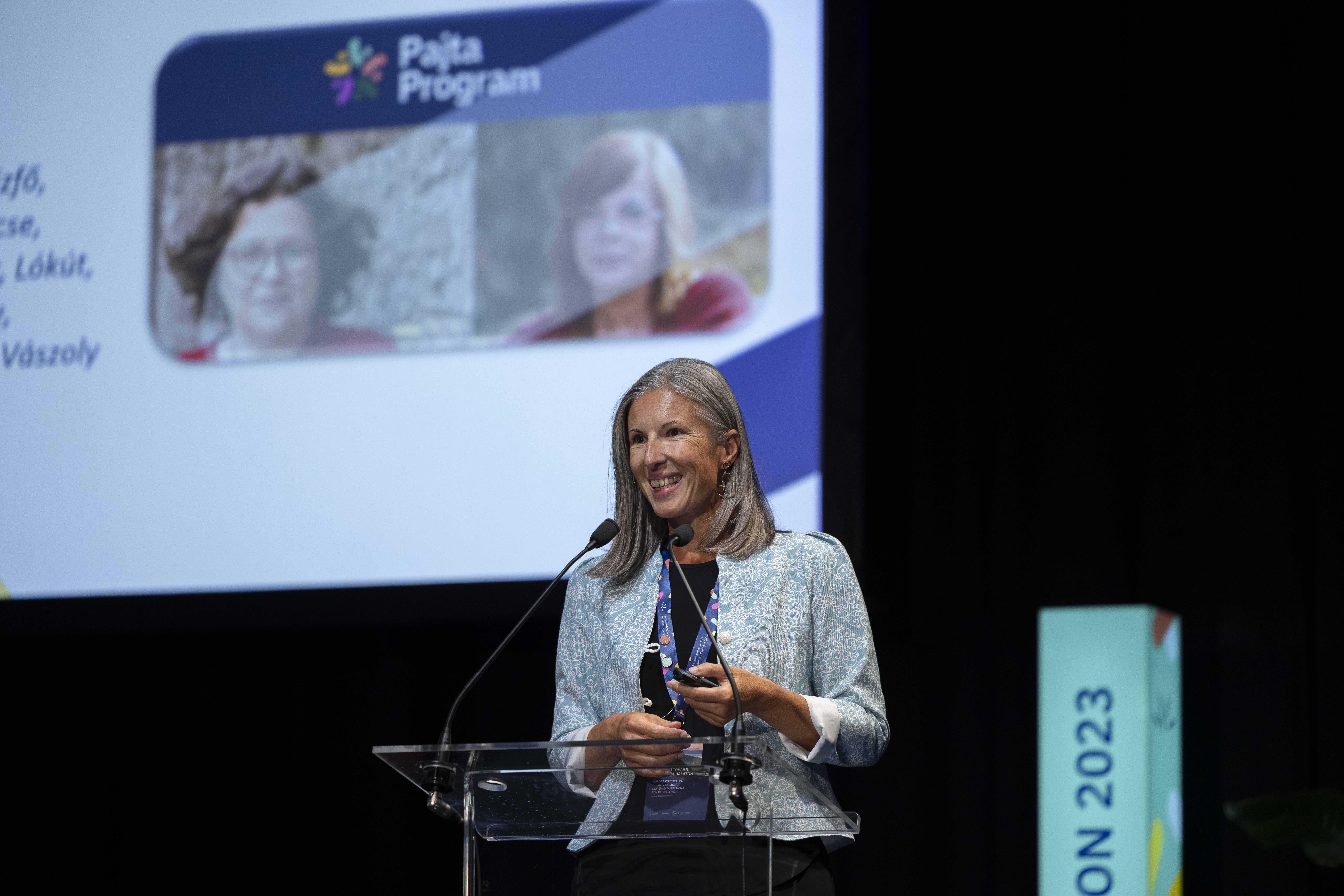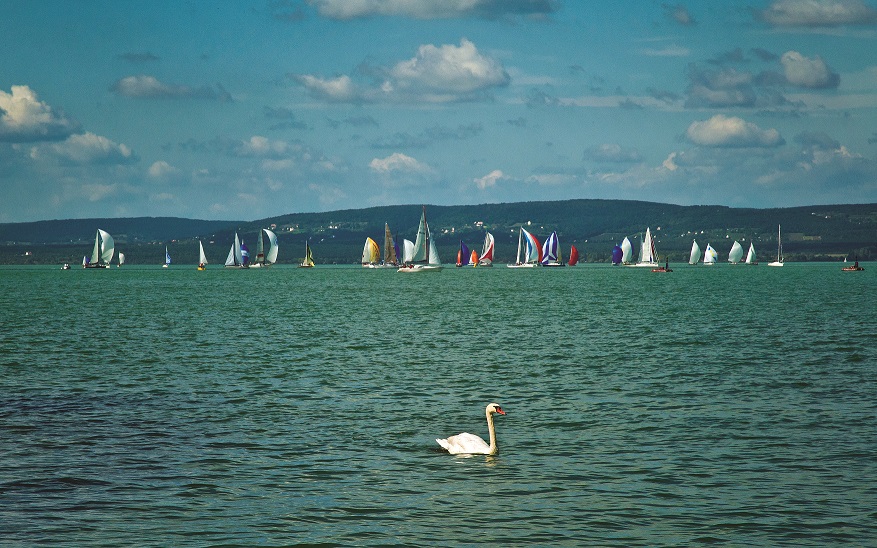“Even one small step counts,” says Dr. Judit Sulyok, tourism researcher and speaker of our previous Alumni Network Hungary webinar. With over 20 years of experience, she highlights how sustainable waterside tourism can flourish through conscious travellers, committed service providers, and thoughtful destination planning. Whether you're a policymaker, tourism professional, or nature enthusiast, this interview promises actionable insights for shaping a more resilient and responsible future for the places we hold dear.
You have more than 20 years of experience as a tourism researcher. How did you become interested in this field, and especially in the field of sustainable waterside tourism?
With a tourism-focused education and early passion for the field, I gained diverse practical experience before joining the Hungarian National Tourist Office. As a tourism researcher, I had the privilege to get insight into a wide range of activities, within that international research, as well. In line with the expansion of global tourism and significant changes such as establishment of low-cost carrier, digitalisation, user generated content etc., I needed to develop my knowledge and skills. My academic path had an ‘accidental’ starting point, my future supervisor motivated me to apply for PhD studies. After completing my doctoral studies, I had the chance to join the University of Pannonia, where I could go ahead with my already established interest.
As a local, living at Lake Balaton region, I have seen and experienced the significant transformation of the area as a tourism destination during the last decades. In this sense, waterside areas, especially Lake Balaton, shaped my research focus, with offering endless inspiration and diverse directions, making the field constantly engaging.

We see that mass tourism is on the rise each year, causing more and more damage to the environment. Can this social phenomenon be turned back at this point? Is there any way to regulate mass tourism in the age of capitalism?
The desire for travelling is quite stable. Even though external shocks, crisis might result in changes in tourism flows, global tourism is on the rise every year. If we take a look at the most popular destinations for international tourism, Spain, France and Italy are among the top countries where the coastal areas, the ‘beach holiday’ segment is a significant element of the tourism experience. From a demand perspective, waterside holidays during the summer months remain dominant, largely due to the school holiday period. Climate change is influencing travel behaviour, with cooler destinations becoming increasingly popular. Nevertheless, the summer holiday segment continues to place significant pressure on waterside areas, whose core attraction lies in their natural environment.
What we see recently is that there is a growing need for responsible tourism which includes both traveller and service providers. From the destination point of view, ‘management’ of visitor flows is a key issue, how travellers might be really motivated to behave in a more responsible way, visiting less crowded areas during less frequented time periods. In my opinion, understanding visitors for which we have all the necessary data and skill nowadays, can lead to design good solutions for the future.
You have done research focusing on Lake Balaton. What are the main challenges of Hungary’s most iconic waterfront destination?
First of all, the strong temporal and spatial concentration of tourism is a great issue, a great challenge for the environment, for the society, and for the economy. The Lake Balaton region has a very special society where locals, second homeowners and temporary visitors form a unique mixture of the population. Due to the valuable natural environment, travellers are interested in outdoor activities that can be directly or indirectly linked to the lake itself. This presents a challenge for stakeholders: how to preserve the natural environment while integrating it meaningfully into the tourism experience. Due to its popularity across a wide range of visitor segments, Lake Balaton offers a valuable setting for researching current issues such as digitalisation, sustainable transport, and the organisation of events and festivals.
What are examples of successful sustainable waterside tourism in Hungary?
Sustainability should be an integral part of any tourism destination. Lake Tisza serves as a strong example of how a waterside destination can highlight its natural assets through relatively sustainable tourism practices. This is reflected in the visitor experience—for instance, cycling around the lake, taking boat trips, joining birdwatching programmes, or exploring the visitor centre, where one can learn about the area's natural values. Also, around Lake Balaton, various small businesses that have a sustainable operation and share the commitment to preserving the natural values for future generations. This might include small scale, locally made products, as well as local food and drink.

What can we do as tourists to travel ethically?
As a traveller, I am on the opinion that we should be well informed about the destination. An open-minded attitude, respect of the visited destination and its society is also a key. These seems to be small steps, and you might ask whether one counts, but I think, yes, we should have this kind of attitude.